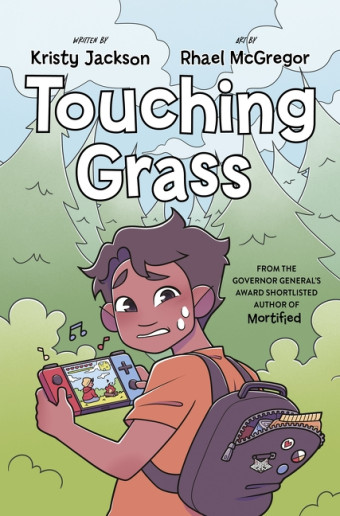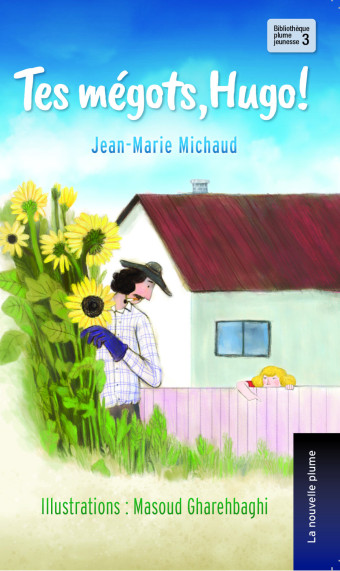Human beings are more than the sum of their parts, and included in that sum are their experiences and their memories, which make people who they are as individuals. Identity and memory are interconnected, and without history to provide context, the self can be lost quite quickly.

- The Headmasters
- Mark Morton
- Shadowpaw Press
- $24.99 Paperback, 450 pages
- ISBN: 978-19-89398-84-5
That concept is at the heart of Mark Morton’s debut YA novel, The Headmasters.
The story hinges on a mysterious event, the Arrival, which happened 60 years before the narrative begins. Most people were killed, and the only survivors are the residents of Blue Ring and their descendants.
Almost no one remembers the time before the Arrival and the Headmasters, and talking about the past is forbidden. The parasitic Headmasters take over the remaining humans, manipulating them, using them for labour, and killing them when they are no longer of use.
This status quo is challenged by Maple, the granddaughter of two of the Headmasters’ original captives, who is 12 years old at the beginning of the book. Maple’s desire to fight for something better runs in the family. “Like her grandmother, who decades earlier tried to overthrow the Headmasters,” Morton says, “Maple is intrinsically headstrong and rebellious.”
Her place in the world is key, according to Morton. “Unlike most other people at Blue Ring, whose spirits have been crushed by 60 years of brutal oppression from the Headmasters, Maple is determined to find a way to defeat them, even at the cost of her life.”
The inspiration for the insidious Headmasters came from a creature familiar to many. “Growing up on the Prairies,” says Morton, who is currently based in Ontario, “I always hated wood ticks. So, when it came time to invent a malignant species – the Headmasters – I imagined them to be like plate-sized wood ticks that latch onto your upper back and then burrow coils into the base of your skull.”

Did anyone else just have a bout of phantom tick syndrome?
Morton describes them further: “They’re able to control your actions for all but a few hours every day. Crucially, the Headmasters also accumulate the memories of their human hosts, so when a Headmaster gets attached to a new person, the memories of the earlier host go with the Headmaster to the new host.”
The idea of the Headmasters also came from another experience, one that was all too real for Morton. “Once, when I was in my 20s, I woke up from an afternoon nap and briefly had no recollection of who I was, where I was, what gender I was, how old I was, the past, or anything else.”
That loss of self, no matter how brief, is unsettling to even think about.
While this story is futuristic, dystopian fiction, there is a real lesson in it, particularly in the way the villains manipulate people.
Morton explains, “The Headmasters maintain control over humans by instilling fear and by eradicating people’s sense of identity and history.”
People must fight for the self, both in fiction and in today’s reality, where, as he says, “Even history is under siege because facts can now be contested by uninformed opinion.”












